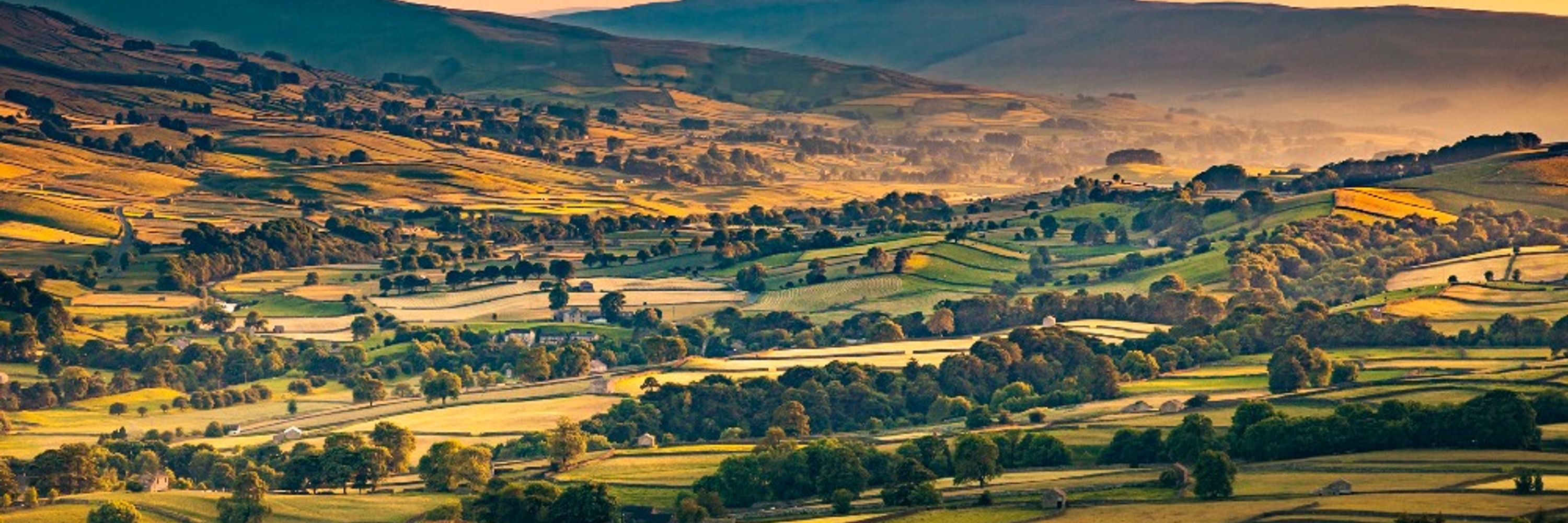Global Food and Environment Institute
@globalfoodleeds.bsky.social
1.5K followers
460 following
370 posts
Global Food & Environment Institute, University of Leeds: Addressing global challenges in food security, sustainable development and dietary health through research & innovation.
Posts
Media
Videos
Starter Packs
Pinned
Reposted by Global Food and Environment Institute
Reposted by Global Food and Environment Institute



















